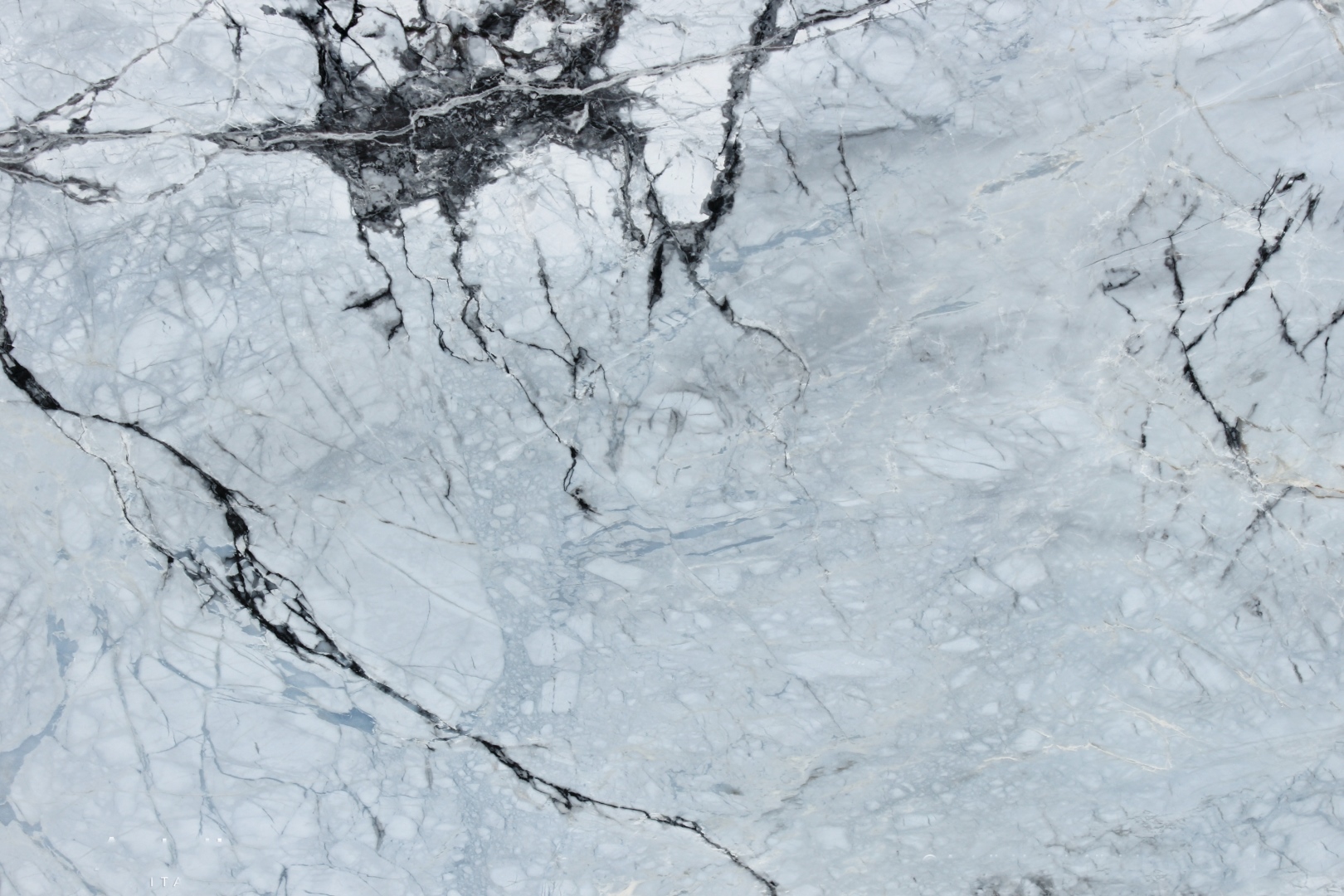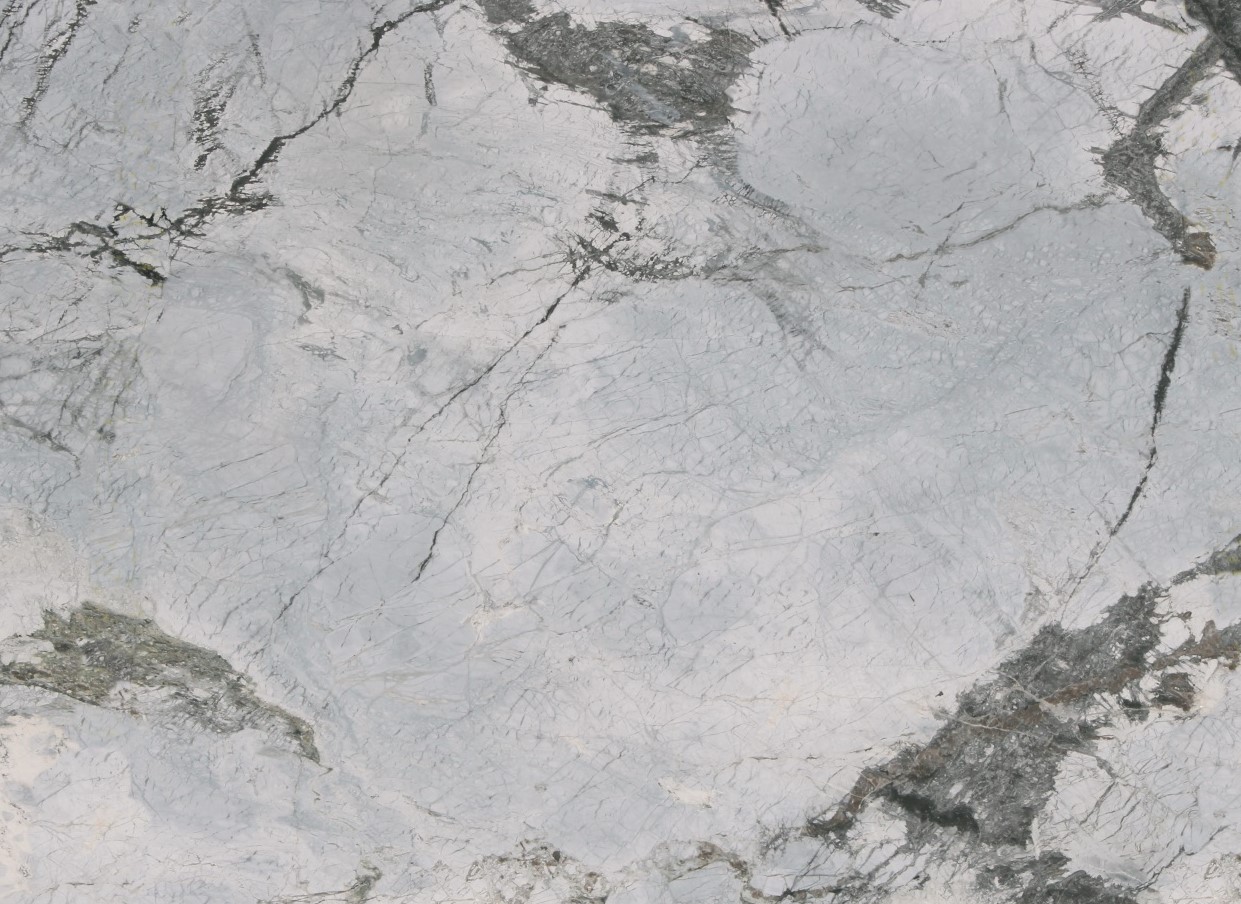X
+ info
Search
Marble






Such as a metamorphic phenomenon, this stone present the smooth of a long time changing, the beauty of the age and the serenity beyond the time. Smooth and beautiful, marble has a timeless elegance. Marble can take on a delightful range of hues and textures. Few stones can match the warm glow, the softly flowing colors, the classicism and the authenticity of marble. There’s a good reason this stone has been used for over three millennia, as an emblematic symbol of the great civilizations.
The term “marble” is applied broadly rather, included real marbles, limestones and travertines together as a family of stone (which they are, in fact, chemically related) but also because they require similar maintenance and finishing techniques.
Marble is the most frequent representative of the vast metamorphic stone group, that have been transformed by high pressure and temperature at different depths of the Earth, in the course of millions of years, slowly uplifting into the mountains. Before marbles become a marble, in general, it was first a limestone, which forms on the shores and floors of tropical seas, signed by the own limestone mineral uniformity or variation, becoming the purest marble or the most exuberant in texture or color.
The classic white marble is pure calcite, a calcium carbonate mineral, without intervening other minerals or inclusions to lend it other texture or color. Pink marble includes iron oxide, as is golden marbles. The original fossil-rich limestone becomes graphite-infused marble with a grey to copper metallic glimmer in a regular or irregular banded pattern. What is named by green marble and red marble are, in fact, high-density limestones one other metamorphic stones, with silicate mineral composition, such as quartz or serpentine.
Another metamorphic member, the gneiss was generated under high pressure and temperature from old granites. The formerly undirected arranged crystallites were largely arranged in parallel and folded by tectonic tension, the same forces that design the landscapes.
Marble is more porous, softer and less resistant when compared to granite. It is especially vulnerable to household acids like vinegar, mustard, citrus and numerous food-related products. Acidic substances can cause etching when they come into contact with marble. This chemical reaction removes marble’s natural and stunning polish.
Most liquids, if wiped up quickly, won’t stain the marble. But liquids left unattended lying on marble for extended periods of time can leave a lasting stain scar. Marble needs to be sealed regularly. But with the right sealant and regular care, marble can stand the test of time and overcome its porosity. For daily cleaning, it is recommended a pH neutral detergent.
Blocks and slabs vary in appearance and dimension. As this is natural stone, all pictures are a rough guide.
Marble